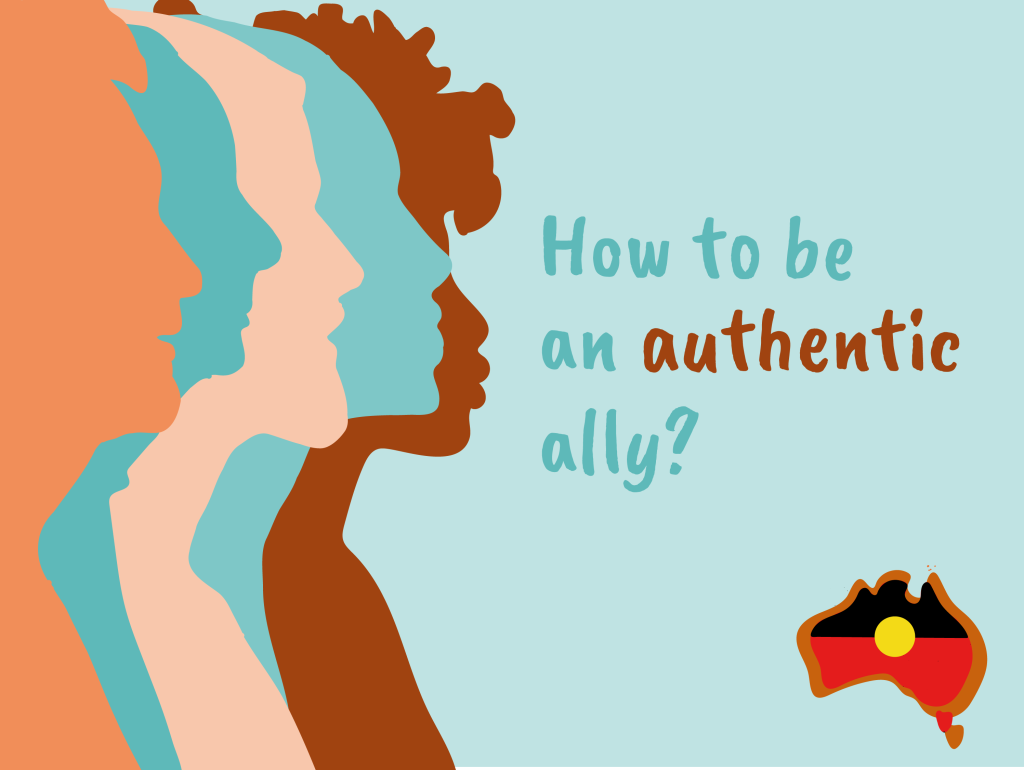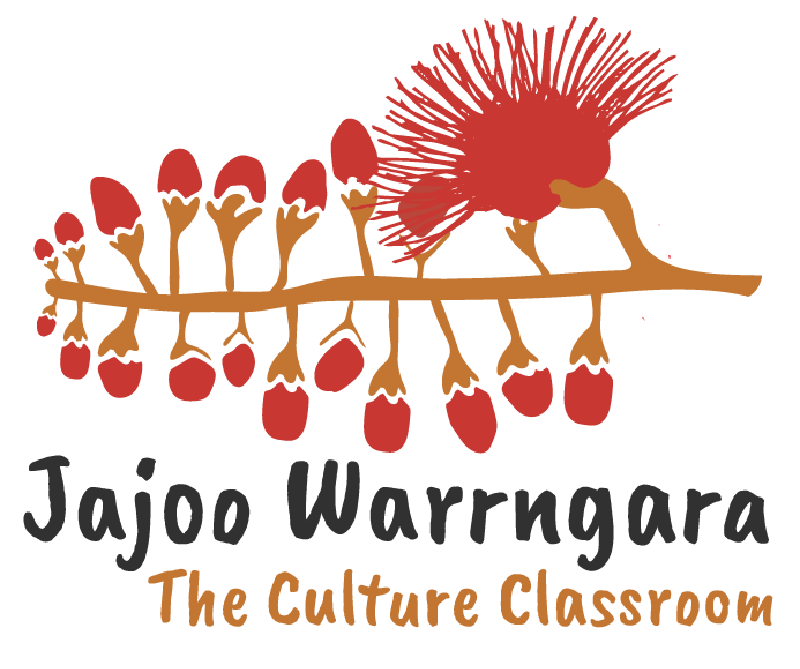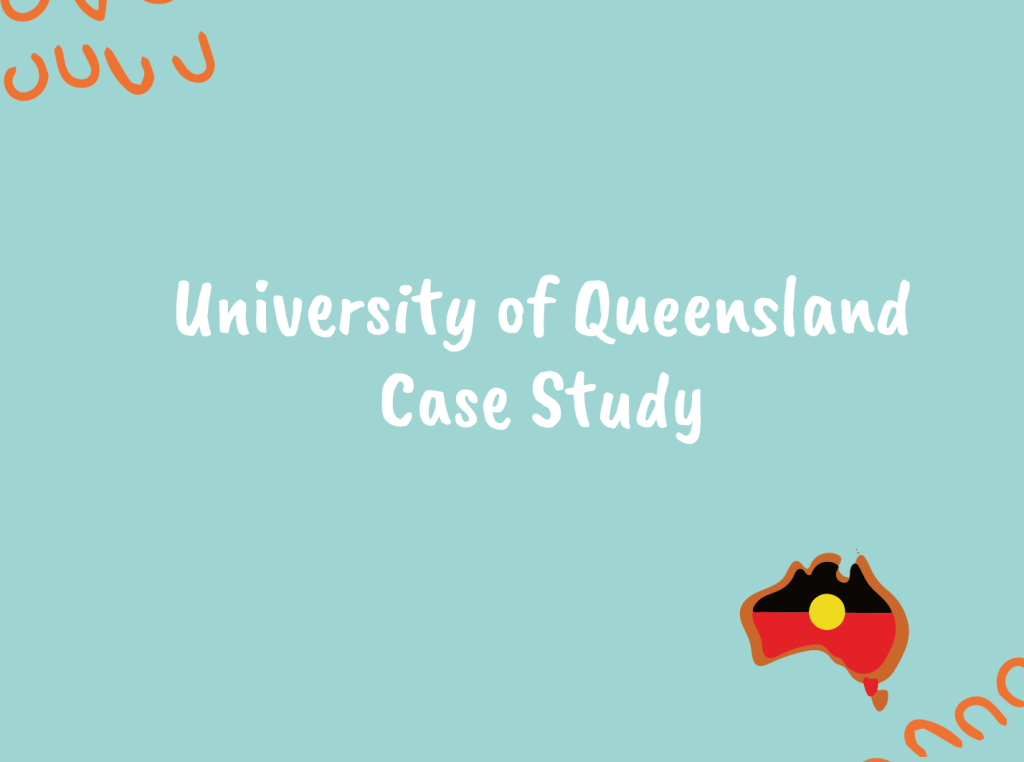Are you an Ally?

Over the years I’ve worked with many non-Indigenous peoples who support Aboriginal and Torres Strait Islander peoples. I’ve also seen the extreme passion that pushes non-Indigenous peoples into places they just shouldn’t go when working in an Aboriginal and Torres Strait Islander space. So what makes a good ally? How do you know when to draw that line?
Yes, at just over 3% of the population we certainly need allies to support BUT as allies it’s important to remember that your lived experience is not the same as ours. Our experiences come from 60 000 years of connection to Country. It’s not only about the Country and People we identify with, but equally important, it’s about who claims us back and how we are actively involved in our community.
Being an Aboriginal or Torres Strait Islander person, comes with responsibility, to our families, Elders, and our communities, not just during working hours but every day and all day. When getting involved in this kind of work, allies should ask themselves these questions:
- Are there any current or political agendas that focus on Aboriginal and Torres Strait Islander peoples that make this seem ‘on trend’ or more interesting to be an ally?
- Will being an ally increase my chances of accessing funding or meet organisational KPIs?
- As an ally am I truly respecting the opinions and listening to the voices of Aboriginal and Torres Strait Islander peoples? How am I enacting what’s been shared?
- Does being an ally feed my own ego or make me feel good about myself?
True allies know the local history, the local Custodians and the issues that impact the community in which they live BUT they do not speak for us. Allies understand the social and economical barriers that impact the experiences of Aboriginal and Torres Strait Islander people BUT they do not express how these barriers make them feel or do the work just to feel good. Allies know it’s not about them and do not compare the experiences of Aboriginal and Torres Strait Islander peoples with their own.
It’s unreasonable to expect allies to understand all the politics, cultural nuances and cultural responsiveness that can impact what they say, how they work or even who they should be working with. Aboriginal and Torres Strait Islander Cultures is complex and diverse and the chances of getting it wrong are very high BUT good allies get back up, apologise and try again.
Being a good ally requires constant learning through strong relationships, deep listening, meaningful conversations and most importantly following through, doing what you say you are going to do and doing it when you say you are going to do it.
Allies educate themselves, it is education that is embedded in action and requires ongoing critical self-reflection. Here at SharingStories Foundation our non-Indigenous team members stand beside us on good days, bad days and everything in between. As allies, as part of their continuous learning journey they practise deep listening both internally with our Aboriginal and Torres Strait Islander team members and externally with our Community partners, ensuring that in every aspect of our practice Aboriginal and Torres Strait Islander peoples always take the lead.



